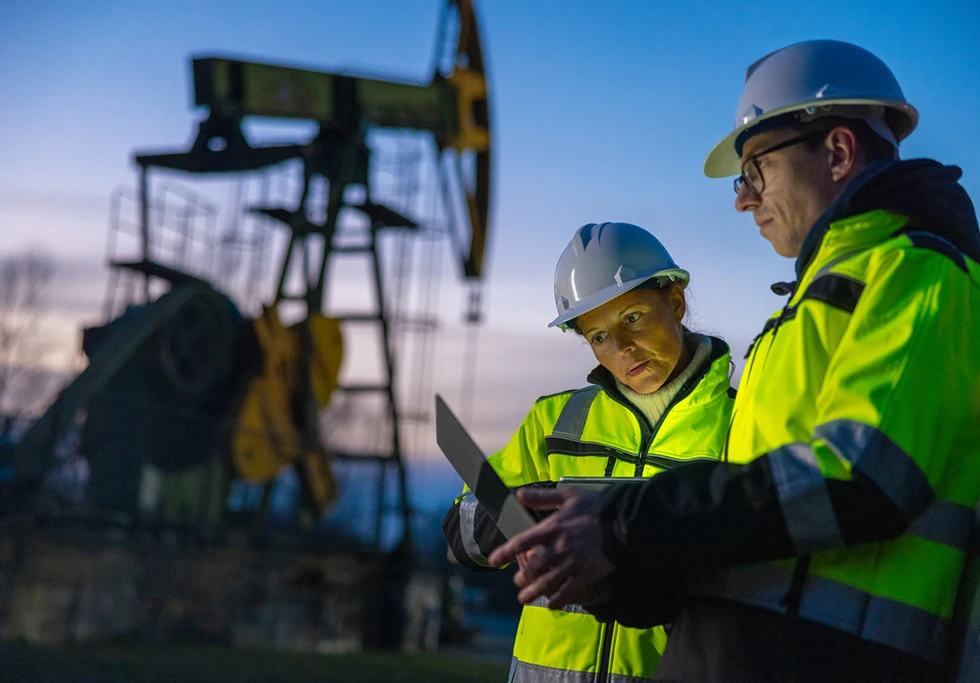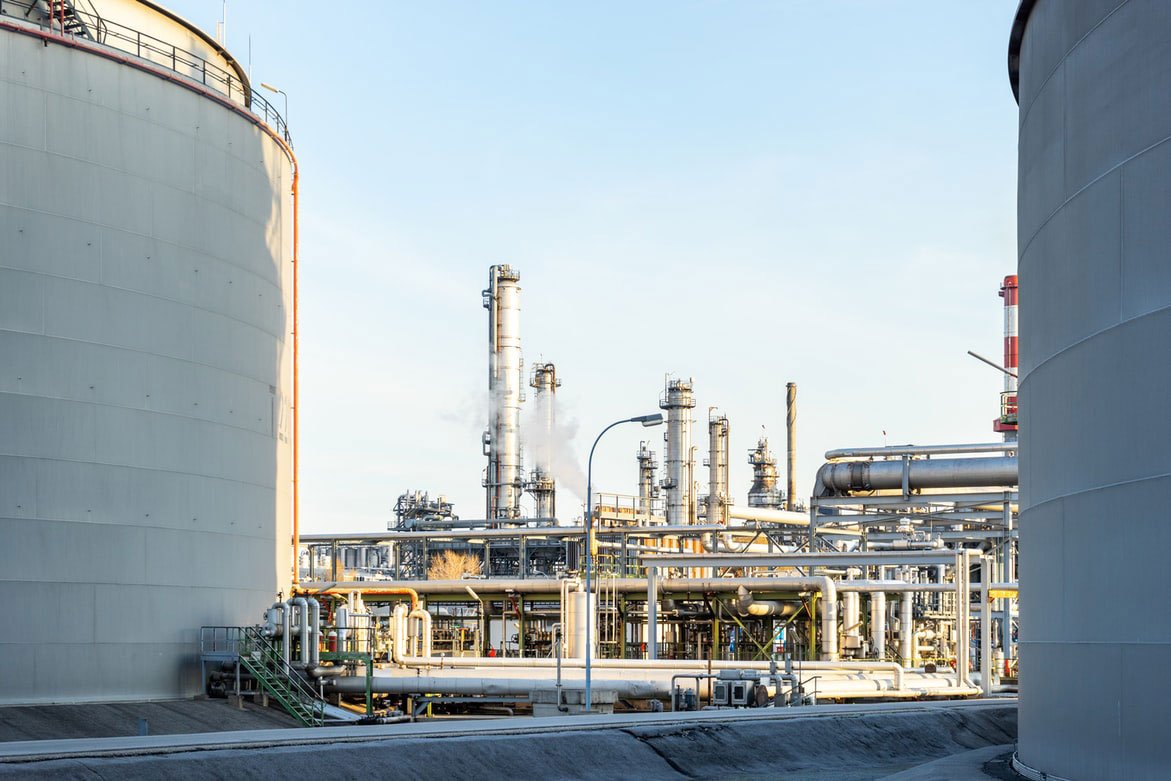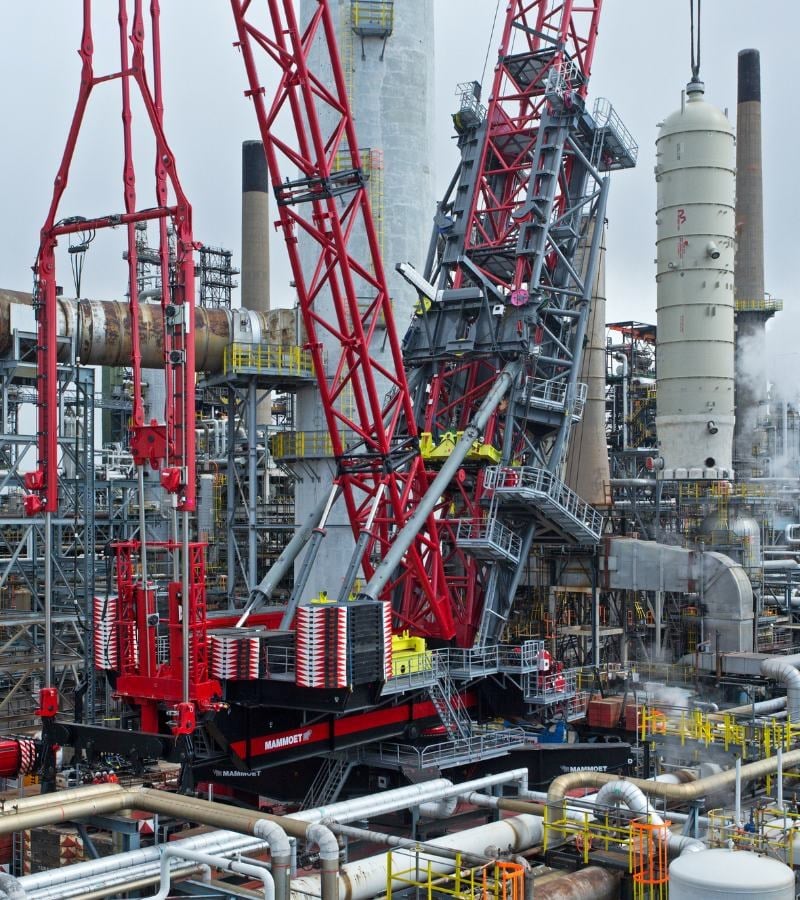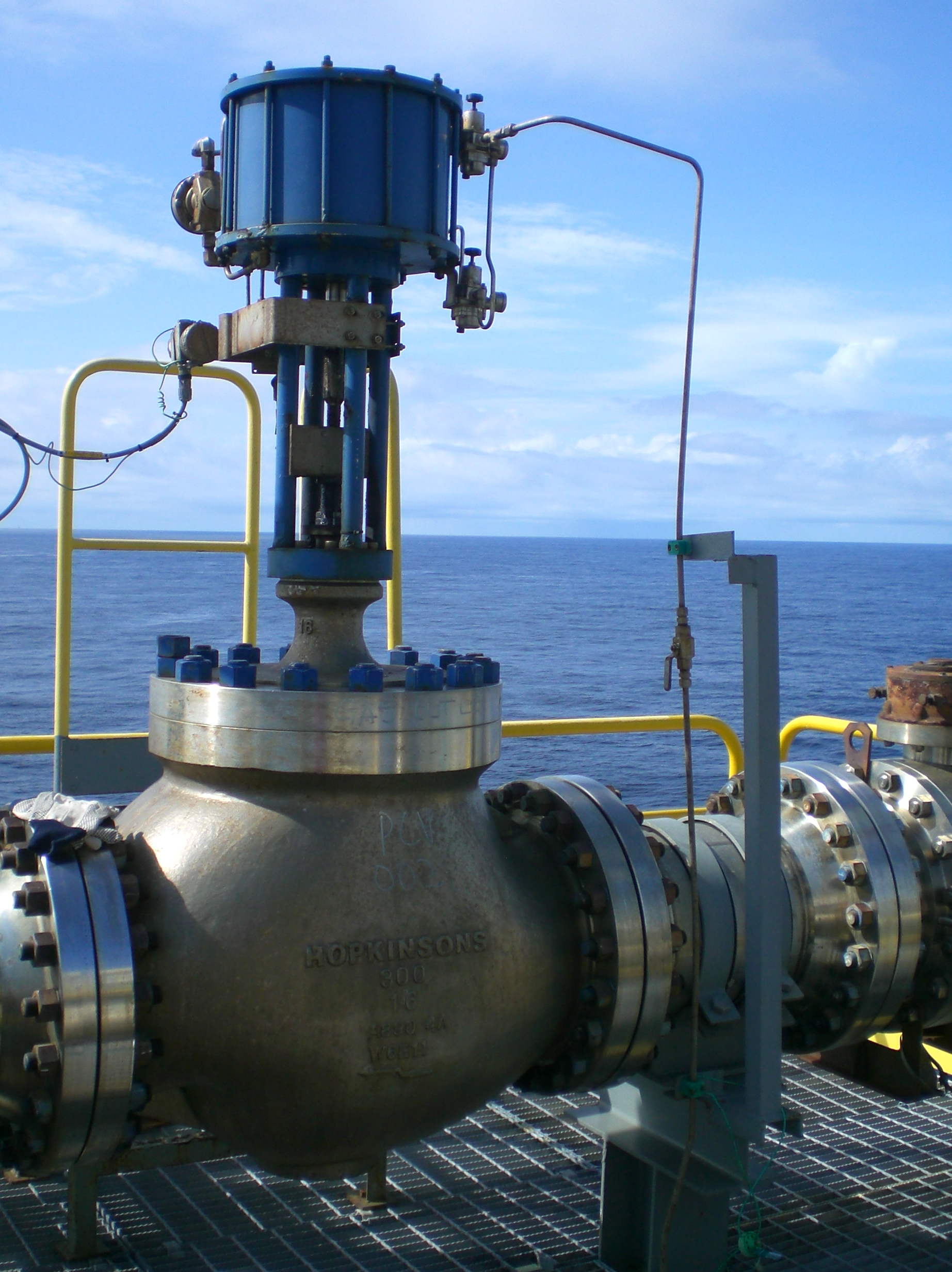“we have a clear target to become a net-zero emissions energy business by 2050 and are doing this purposefully and profitably."


15°51'58''N
90°3'3"W
Our Operations
Our Operations
Our approach Powering Progress sets out our strategy to become a net-zero emissions energy business by 2050, generating value for our shareholders, our customers and wider society.
Oil and natural gas Oil and gas will continue to play a crucial role in the energy system for several decades to come, with demand reducing gradually over time. Danube Petroleum is investing in both low-carbon energy and oil and gas in a disciplined way, while finding sustainable and profitable ways to transition to net zero. This includes actions to reduce emissions from oil and gas operations.
Danube Petroleum is a global group of energy and petrochemical companies that aims to meet the world’s growing need for more and sustainable energy solutions in ways that are economically, environmentally and socially responsible.
Our approach
Powering Progress sets out our strategy to become a net-zero emissions energy business by 2050, generating value for our shareholders, our customers and wider society.
Oil and natural gas
Oil and gas will continue to play a crucial role in the energy system for several decades to come, with demand reducing gradually over time. Danube Petroleum is investing in both low-carbon energy and oil and gas in a disciplined way, while finding sustainable and profitable ways to transition to net zero. This includes actions to reduce emissions from oil and gas operations.
Our Sustainability strategy build on four pillars:
1
Address the Oil and natural gas issue
2
Preserve Technology and innovation
3
Develop Digitalisation Transformation
4
Integrate sustainability in Liquefied natural gas (LNG) and processes
Oil and natural gas
We continue to make progress in reducing the greenhouse gas emissions from our oil and gas operations. In 2023, we implemented projects to reduce flaring at our Pearl GTL gas-to-liquids facility in Qatar, increase electrification of our sites in Canada and the Netherlands, and vent less methane at our QGC facility in Australia.
Oil and gas will continue to play a crucial role in the energy system for several decades to come, with demand decreasing gradually over time. To maintain the secure supply of energy on which society relies, it is vital that the world does not dismantle the current energy system faster than it can build the energy system of the future.
We continue to make progress in reducing the greenhouse gas emissions from our oil and gas operations. In 2023, we implemented projects to reduce flaring at our Pearl GTL gas-to-liquids facility in Qatar, increase electrification of our sites in Canada and the Netherlands, and vent less methane at our QGC facility in Australia.
Our Oil and natural gas strategy focuses on three main pillars:
- Decarbonise our production process
- Develop our sustainability offering
- Contribute to local energy transition
In recent years, we have developed a 2030 Oil and natural gas and Energy Transition Plan, delineating our company's main Oil and natural gas objectives.

50°36’47”N
2°8’10”W
- Explore
- 45% reduction in scope 1 emissions at isoperimetre (2023 baseline) by 2030
- Near zero methane intensity ambition by 2030 and implementation of our Leak Detection And Repair (LDAR) plan
- Zero routine flaring ambition by 2030 at 2023 isoperimetre (excluding safety flaring and subject to contractual and mineral rights possibilities)
“The CO2 injection project in the UK is a typical example of the Danube Petroleum philosophy and how it is tackling issues, such as Oil and natural gas change through industry decarbonation, with a tailored and innovative approach.”
“The CO2 injection project in the UK is a typical example of the Danube Petroleum philosophy and how it is tackling issues, such as Oil and natural gas change through industry decarbonation, with a tailored and innovative approach.”
Decarbonise our production process
The implementation of our 2030 Oil and natural gas and Energy Transition plan requires collaboration among various disciplines across the Group, all working towards a shared decarbonisation objective. The plan’s roadmap encompasses 150 projects, including:
WELL SHUT INS
Review of high gas to oil ratio (GOR) wells and shut ins when acceptable
VENTING REDUCTION AND VAPOR RECOVERY
Capturing of vented or flared gas
SUBSURFACE GAS STORAGE
Rerouting of flared gas into safe underground reservoirs
ELECTRIFICATION
Replacing higher emission-intensive energy sources with electricity
RENEWABLE ENERGY
Replacing higher emission-intensive energy sources with renewable energy
PRODUCTION RATIONALISATION AND ENERGY EFFICIENCY
Simplifying and improving power generation





